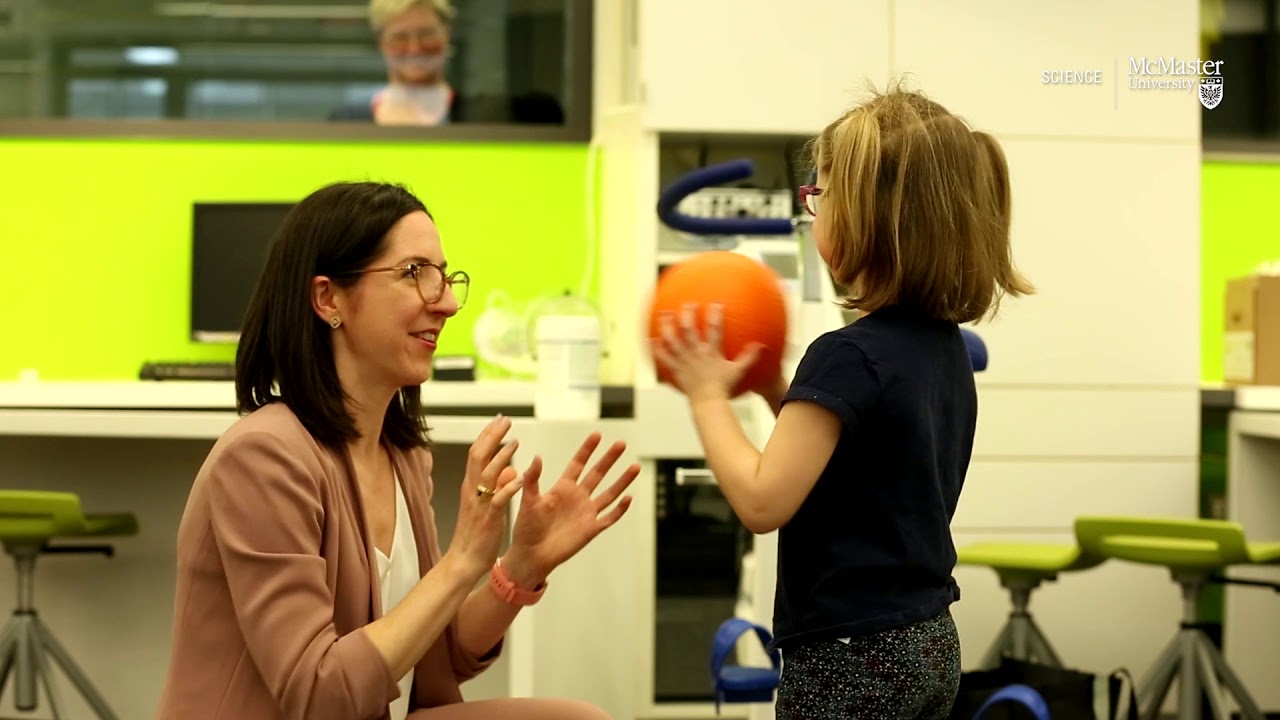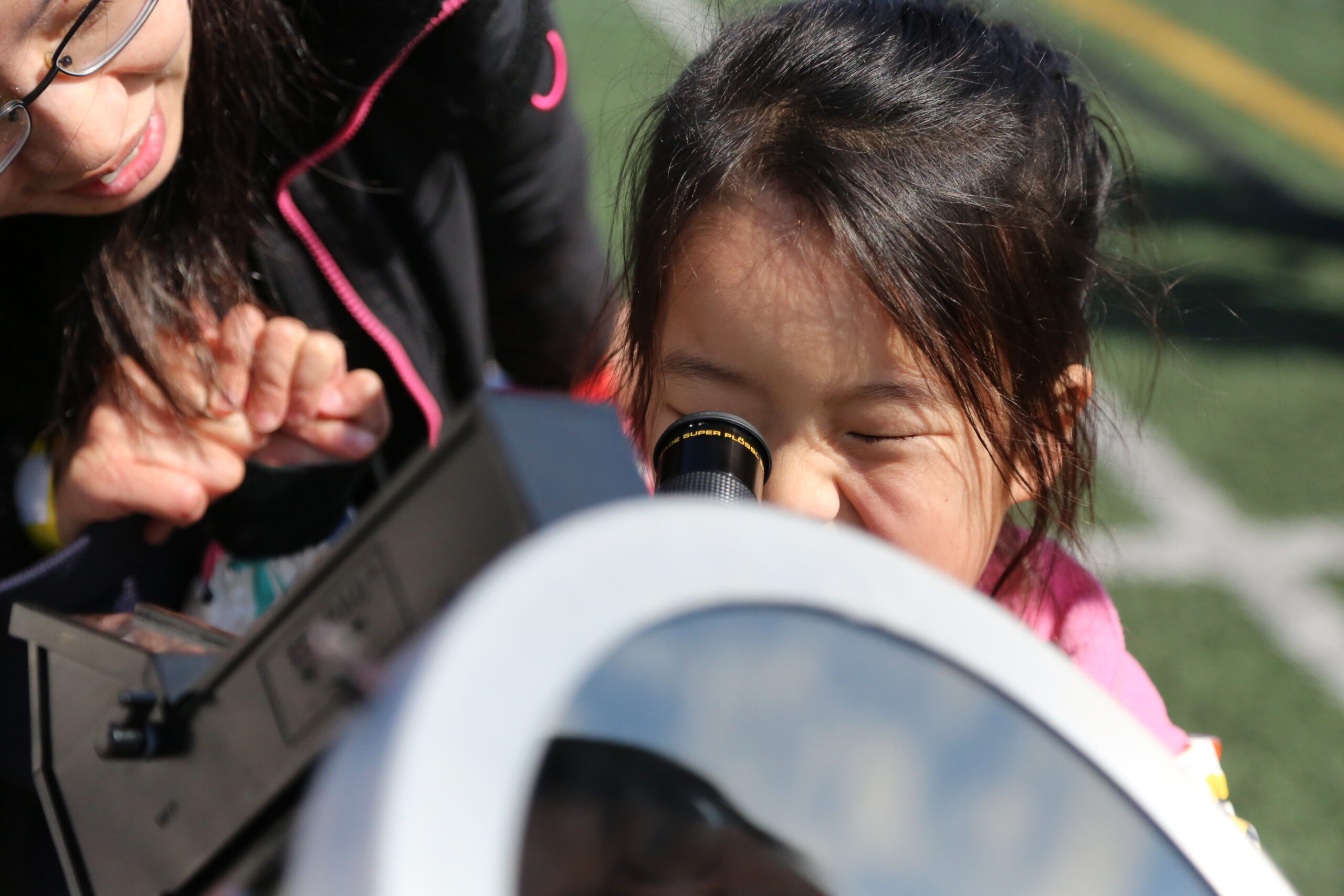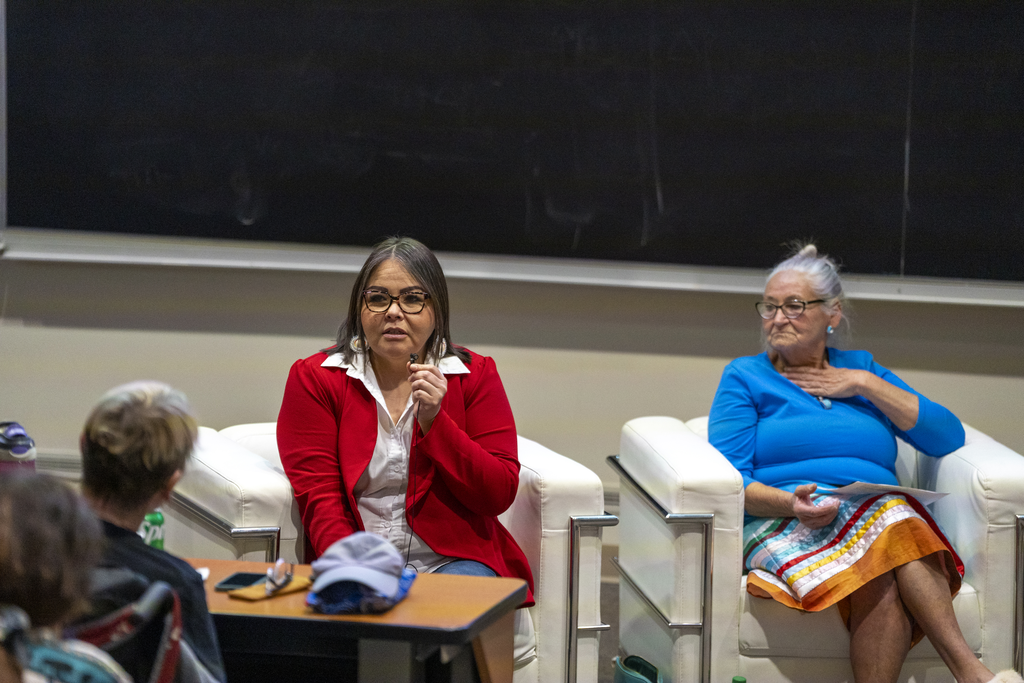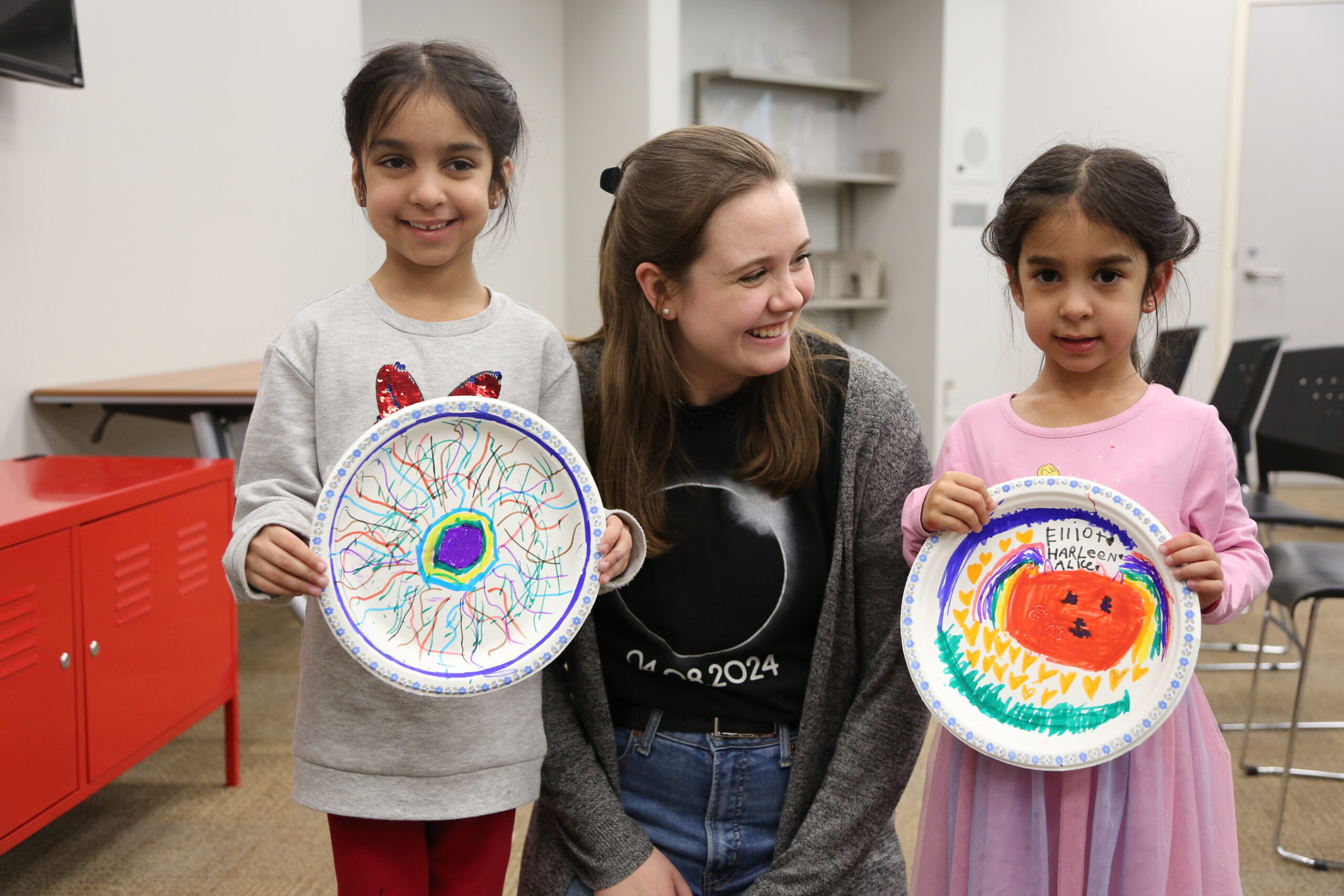Top Newsmakers Share Media Relations Advice

Nicole’s research on the impact of early childhood physical activity on long-term cardiovascular health was covered by media outlets including CBS News, ABC News, Yahoo! Singapore, MSN Italia, CTV News, and CBC News.
The Conversation Canada, Globe and Mail and New York Times were among the media outlets reporting on Jennifer’s research on the impact of high-intensity workouts to improve memory in seniors.
Maikel’s research on how bacteria become resistant to antibiotics was published in media outlets including The Daily Telegraph (reaching 20.2 million people), Yahoo! News UK, Science Daily, and BBC’s Naked Scientist. Outlets picking up the Canadian Press story included the Toronto Star, National Post, Ottawa Citizen, Vancouver Sun, CTV News and Edmonton Journal.
Nicole, Jennifer, and Maikel offer advice to colleagues who are looking to generate media coverage about their research in 2020. All three researchers worked closely with Michelle Donovan and Wade Hemsworth in Communications and Public Affairs to pitch stories about their research and prepare for media interviews. Communications and Public Affairs can also create videos and stories to be posted on Brighter World, Daily News, and McMaster’s social media accounts. Contact Michelle at ext. 22869 or email to donovam@mcmaster.ca and Wade at ext. 27988 or email to hemswor@mcmaster.ca
What one piece of advice would you give to colleagues who have little or no experience working with the media?
Nicole: I would give the same advice that I gave to graduate students attending last year’s ComSciCon conference: Reporters aren’t looking to stump you or see how much you know about the subject so use media interviews as an opportunity to better explain the importance of your research and provide greater context to your work.
Jennifer: Summarize your research in three or four short punchy sentences that your grandmother would find interesting and rehearse them ahead of time.
Maikel: Even though you will be very flattered by the attention that you get, keep in mind that the media people you are dealing with are professionals, while you are new to that business. Make sure that you tell your story the way you think is important.
What one piece of advice would you give to reporters when interviewing scientists?
Nicole: Avoid asking leading questions – these are awkward to address when the premise behind them isn’t correct.
Jennifer: I have two pieces of advice. Give us a general idea about what you’ll be asking us and the angle to your story. And if you don’t understand our answer, please ask again
Maikel: Science is all about facts. Make sure that you understand the matter, and that the details in your story are correct.
What was the best question you were asked about your research?
Nicole: The best questions I was asked were centered around if parents and caregivers should be concerned about their preschooler’s heart health and what they should do. This allowed me to talk about the bigger picture of our work and provide some real-world examples of steps parents can take to help keep their child’s heart and blood vessels healthy as they grow.
Jennifer: Most reporters are genuinely interested the topic and want to understand the research. They ask fantastic questions. I couldn’t narrow it down to just one.
Maikel: One of the best questions is: “How did you come up with that?”. And I guess nobody wants to hear that you got the idea in the shower and how many trials it took and how many things didn’t work out before you eventually got the first results.
What was the one question you didn’t expect/came out of left field?
Nicole: I was asked to describe the cellular changes that happen in the blood vessels of infants – this was more technical than I was expecting and really caught me off guard!
Jennifer: I always get caught off guard when they ask about my own personal interest in the research. But it makes sense that the reporter wants to know why you think this topic is so important and interesting that you would devote your whole career to it.
Maikel: Being used to talking to other scientists, many questions were sort of unexpected because the interviewers had very different backgrounds, and the general public was primarily interested in the aspects of our findings relevant to them (which may not always be what you are excited about).
What happened as a result of the media coverage?
Nicole: In addition to increasing the reach of our research, the media coverage allowed the parents and participants in our study to read about the results in an easy to understand format and see the impact of their participation. On a personal level, it gave me more confidence in sharing my work with the general public and increased my interest in science communication.
Jennifer: My media exposure has established me as an expert in the field to both my colleagues and the general public. I leverage this when applying for awards, grants and I’m using it now as I seek a book publisher.
Maikel: Because many local newspapers and even TV stations picked up our story, I ended up being recognized on the street and when grocery shopping, and I felt a little bit like a celebrity. People were very nice and I felt appreciated and useful because they thought that what we are doing was actually important to them. I am very grateful for this experience, which has changed my perception of the significance of research.
Related News
News Listing

Physics and Astronomy grad students offer out-of-this-world view at total solar eclipse viewing party
Community, Engagement excellence, Graduate students
April 8, 2024

The greatest of love stories: Panel shares Indigenous perspectives on the eclipse and astronomy
Community, Faculty, Outreach, science communication
April 8, 2024

